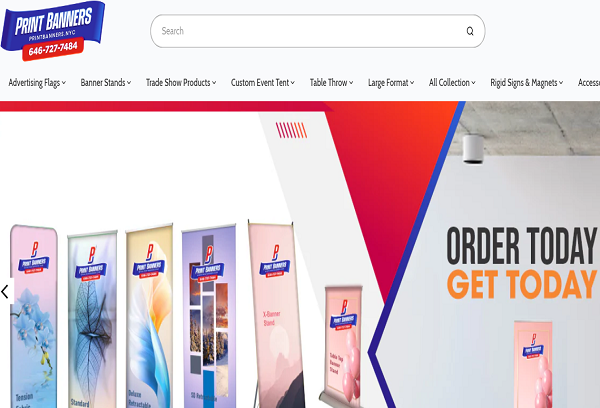How Can You Effectively Audit and Optimize Google Ads in an Age of Limited Data?
- September 10, 2025
As Google Ads leans further into AI-driven automation, advertisers are challenged to maintain control over campaigns and ensure that automation delivers efficient results. The problem lies in the limited data available—often leaving out up to 80% of search term details—which makes auditing more complex. To stay ahead, advertisers need to focus on the areas where they still have real control and influence over performance.
Search Term Review
Even though many search terms are hidden, the ones available provide valuable insight into user intent. Performance Max campaigns now offer more transparency with search terms, making it easier to identify high-converting queries worth bidding on and low-performing or irrelevant terms that should be excluded as negatives. Properly filtering these terms helps sharpen targeting and improve ROI.
Auto-Apply Recommendations
While Google’s auto-apply recommendations might seem helpful, they can also lead to unwanted changes such as unnecessary assets or keywords. Advertisers should manually review these suggestions, adopting only those that prevent conflicts or improve efficiency, while avoiding those that dilute campaign control.
Device Targeting
Device performance can vary significantly. By reviewing insights for mobile, desktop, tablets, and even TV screens, advertisers can apply bid adjustments or exclusions. This remains one of the few areas where manual control can strongly impact cost efficiency and conversions.
Geographic Targeting
Geography plays a critical role in reducing wasted spend. Reviewing matched locations ensures ads are showing only where business is intended. Using location exclusions and refining settings to “Presence” instead of “Presence or Interest” ensures ads reach real prospects within the target area.
Ad Group Themes
Account structure still matters, even as keyword-to-search-term matching grows broader. Keeping ad groups thematically consistent with matching ad copy ensures relevance. Over-segmentation can hurt performance, so group keywords by intent and adjust based on data-driven differences.
Placement Review
Placement reports help flag irrelevant or poor-performing sites and YouTube channels that drive low-quality traffic. By excluding placements with high CPA, suspicious CTR spikes, or irrelevant content, advertisers protect budgets and maintain targeting precision.
Asset-Level Performance and Usage
Responsive search ads and other automated formats rely heavily on asset testing. Monitoring asset performance provides insights into which headlines, descriptions, or images resonate best. Adding a variety of sitelinks, callouts, structured snippets, and other extensions can also increase visibility and improve CTRs.
Audience Targeting
First-party data is more valuable than ever. Advertisers should refine customer match lists, seed lookalikes in Demand Gen, and manage exclusions to prevent wasted spend. Turning off audience expansion helps campaigns stay focused on the intended users rather than drifting into low-quality traffic.
Conversion Setup
Accurate tracking underpins effective optimization. Using Google Tag Manager’s preview mode confirms proper tag firing, while Enhanced Conversions ensures that conversions are captured more reliably—even with browser and privacy restrictions. These advanced tracking methods help bridge the gap between online actions and offline results.
Taking Action in a Limited Data World
Auditing Google Ads today requires striking a balance between automation and human oversight. AI-driven features can certainly enhance performance, but success depends on actively monitoring the levers still within your control. By reviewing search terms, refining targeting, excluding wasteful placements, and ensuring precise conversion tracking, advertisers can make Google’s automation work to their advantage.
At Earn SEO, we understand how critical it is to stay ahead in today’s evolving Google Ads landscape. Our PPC Management services in New York are designed to help businesses cut wasted ad spend, sharpen targeting, and drive measurable results. Whether you’re looking to audit an existing account or scale campaigns with smarter strategies, our team ensures that every dollar works harder for you. Get in touch with Earn SEO today and take control of your ad performance.
Earn SEO was established in 2011 by Devendra Mishra, a highly educated professional with varied training and experience. Mr. Mishra is responsible for business development, attracting new Earn SEO partners, and interacting with clients, the media and press, and acting as Brand Ambassador.
Devendra Mishra
Founder






































